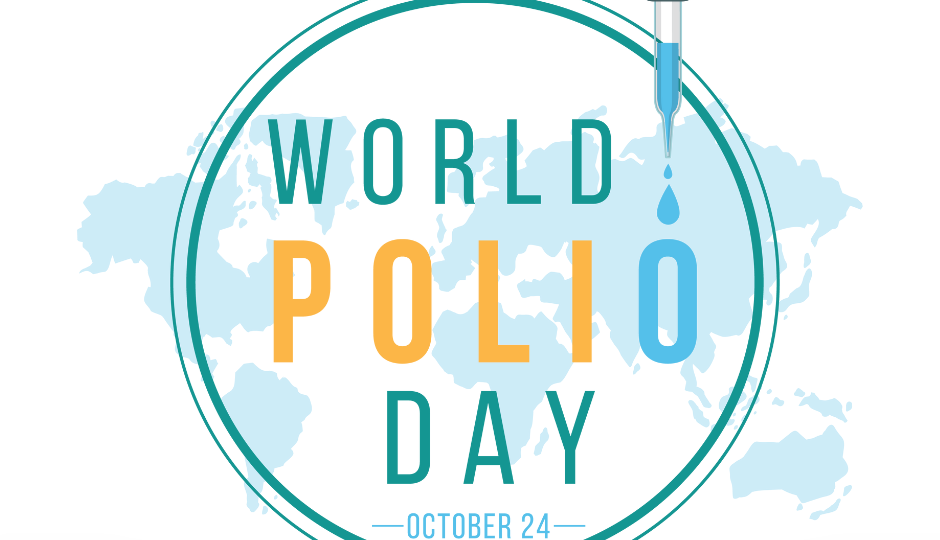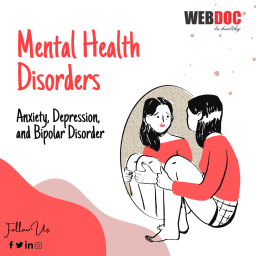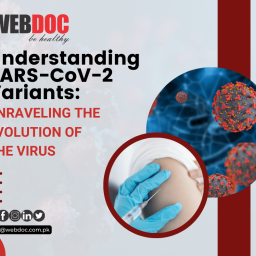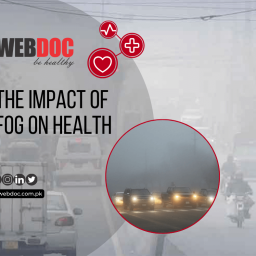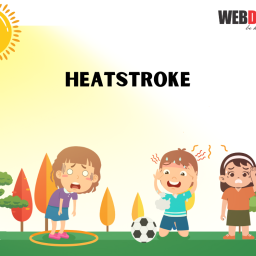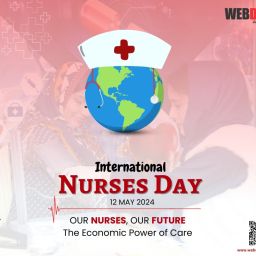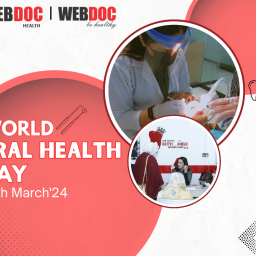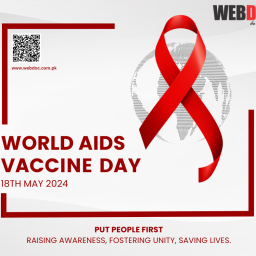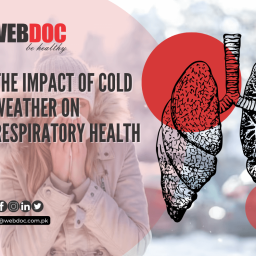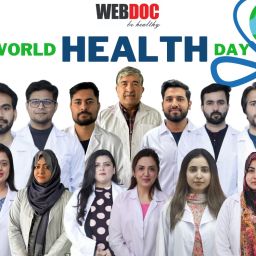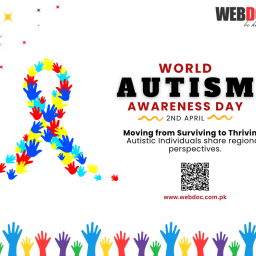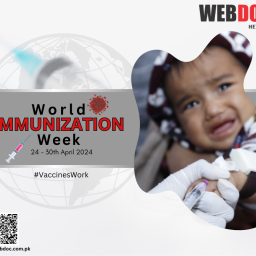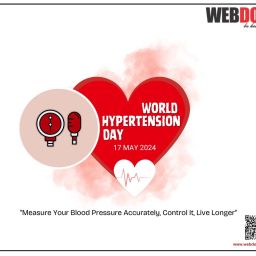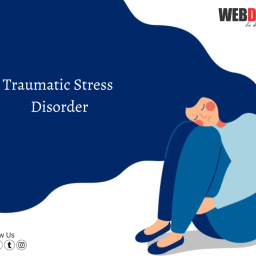World Polio Day: A Global Effort to Eradicate a Persistent Foe
Every year on October 24th, the world comes together to observe World Polio Day, a day dedicated to raising awareness about polio and the ongoing efforts to eradicate this crippling disease. While polio might seem like a relic of the past to many, it remains a persistent foe in some regions, and World Polio Day serves as a reminder of the progress made and the work still to be done.
A Brief History of Polio
Polio, short for poliomyelitis, is a highly contagious viral infection that primarily affects young children. The virus spreads from person to person, primarily through the fecal-oral route, and can lead to paralysis or even death. Throughout history, polio has been a devastating disease, causing widespread fear and suffering.
The development of polio vaccines in the mid-20th century was a major breakthrough in medical science. The first effective vaccine was developed by Dr. Jonas Salk in 1955, followed by the oral polio vaccine developed by Dr. Albert Sabin. These vaccines transformed the fight against polio and marked the beginning of a global effort to eliminate the disease.
The Global Polio Eradication Initiative
In 1988, the World Health Assembly launched the Global Polio Eradication Initiative (GPEI). This initiative is a partnership between various organizations, including the World Health Organization (WHO), the Centers for Disease Control and Prevention (CDC), UNICEF, the Bill & Melinda Gates Foundation, and Rotary International, among others. The goal was clear: to eradicate polio from the face of the Earth.
Since the inception of GPEI, remarkable progress has been made in reducing the global burden of polio. In 1988, there were an estimated 350,000 cases of polio in 125 countries. By 2012, the number of reported cases had decreased to just 223 in 5 countries.
Challenges in Eradicating Polio
Despite these significant advancements, polio eradication has proven to be a complex challenge. Several factors have contributed to the persistence of the disease in some regions:
- Conflict and Insecurity: In some areas, ongoing conflicts and insecurity have hindered vaccination campaigns, making it difficult for health workers to reach children in need.
- Vaccine Hesitancy: Misinformation and mistrust of vaccines have led to vaccine hesitancy in some communities, resulting in lower vaccine coverage.
- Inaccessibility: In remote and hard-to-reach areas, delivering vaccines and conducting vaccination campaigns can be logistically challenging.
The Road Ahead
Efforts to eradicate polio are ongoing, and the road ahead is not without obstacles. Nevertheless, there is reason for optimism:
- Innovations in Vaccination: New vaccine technologies, such as the use of inactivated polio vaccine (IPV), are being explored to address the challenges of vaccine-derived polioviruses.
- Improved Surveillance: Advanced surveillance systems are helping identify and respond to outbreaks quickly.
- Global Commitment: The commitment of governments, organizations, and communities to the cause of polio eradication remains strong.
- Public Awareness: World Polio Day plays a vital role in raising public awareness and support for the eradication of the disease.
How You Can Contribute
As individuals, there are several ways to contribute to the global effort to eradicate polio:
- Support Organizations: Consider donating to organizations like Rotary International or the Bill & Melinda Gates Foundation, which are at the forefront of the polio eradication campaign.
- Advocate: Raise awareness about the importance of vaccination and polio eradication in your community.
- Stay Informed: Keep yourself informed about the progress and challenges in the fight against polio.
- Get Vaccinated: If you or your children haven’t been vaccinated, make sure to get the necessary immunizations.
World Polio Day is a reminder that despite the challenges, the world has made tremendous progress in the fight against polio. By working together, we can hope to see a world free from this crippling disease in the near future. It is a day to commemorate the achievements and recommit ourselves to the ultimate goal: a polio-free world.


